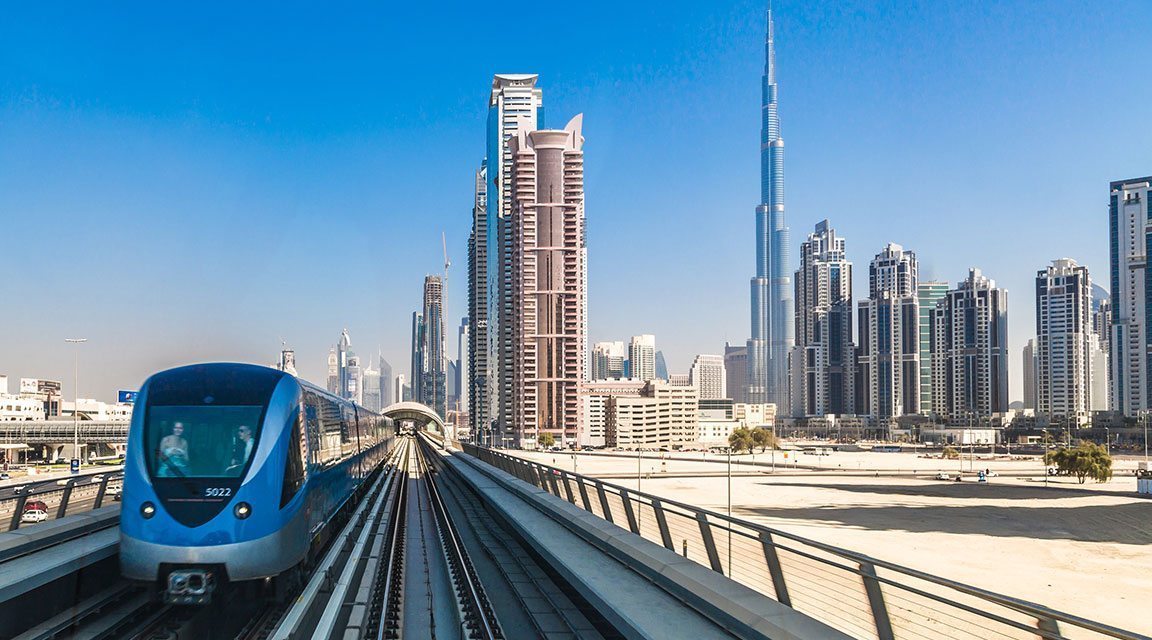

A policy paper published by the Mohammed bin Rashid School of Government (MBRSG) has recommended the establishment of a public-private partnership (PPP) Unit within the government.
“I think its introduction would be a useful means of coordinating activity across government and with interested firms looking to involve themselves in PPPs,” says Guy Jonathan Burton, associate professor at MBRSG and author of the paper.
Most countries that have successfully implemented PPP projects, including the UK, some states in Australia, and South Africa, have existing PPP Units. In the Middle East and North Africa region, Egypt and Saudi Arabia have also established PPP Units within their finance and economic planning ministries, respectively.
According to Burton, there are benefits to be had in UAE establishing a PPP Unit at the beginning of the process rather than later, which was often the case in other countries.
Citing an Organisation for Economic Cooperation and Development (OECD) finding, the policy paper cited that most countries established a PPP Unit at a later stage “when they realise the need for one, to provide clarity, coordination, guidance, technical expertise and assessment of PPP projects.”
However, the UAE has to address several key issues before establishing its own PPP Unit, including defining its functions and responsibilities, recruitment of qualified staff, and its jurisdiction - whether its coverage will include only Dubai or the entire federal government.
The Dubai Finance Department approved the emirate’s PPP Law in 2015. It also issued guidance for the Law the following year.
The guidance set out regulations for four types of PPP contracting. These include build, operate, own and transfer (BOOT); build, operate and transfer (BOT); build, transfer, operate (BTO); and transfer and operate (TO).
It also specified the government agencies to be involved with contracting PPP projects, including: the relevant government entity for PPP projects worth under AED200m ($55m), the Finance Department for projects worth between AED200m and AED500m and the Supreme Fiscal Committee for projects with budgets exceeding AED500m.
Negotiations for a number of PPP projects outside the power and water sector are already under way in Dubai. They include the development of two new buildings and an automated car park at the Dubai Courts as well as the Dubai Union Oasis, a mixed-use real estate project to be developed on the land above the underground station where the Dubai Metro Red and Green lines meet.
You might also like...

DIFC breaks ground on Immersive commercial tower
01 May 2024

Amea Power seals 120MW South Africa contract
01 May 2024

Bahrain takes renewable potential forward
01 May 2024
A MEED Subscription...
Subscribe or upgrade your current MEED.com package to support your strategic planning with the MENA region’s best source of business information. Proceed to our online shop below to find out more about the features in each package.





